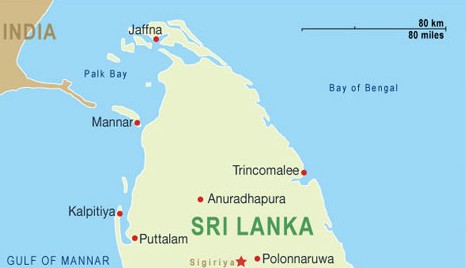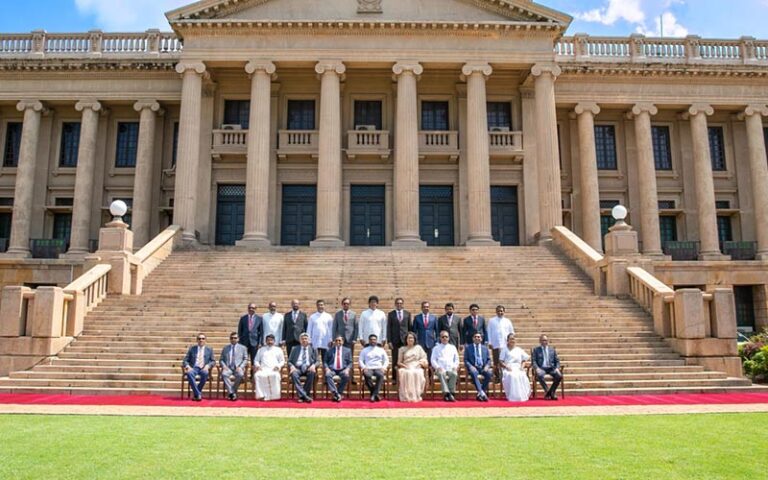 We were both happy and sad to hear of Thursday’s landmark ruling by the Indian Supreme Court which independent democracy analysts see as a major step towards cleaning up Indian politics which is beset by corruption and crime.
We were both happy and sad to hear of Thursday’s landmark ruling by the Indian Supreme Court which independent democracy analysts see as a major step towards cleaning up Indian politics which is beset by corruption and crime.
Happy, because the Supreme Court has helped India to take a giant leap towards a more vibrant democracy where a criminal cannot be a politician who does not serve but abuses his power and plunders the wealth of the country and the people.
We are sad because such a major step towards cleaning up the quality of politicians and politics cannot and will not be taken in Sri Lanka because the independence of the judiciary has virtually being destroyed specially after the illegal impeachment of Chief Justice 43, Shirani Bandaranayake.
The Indian SC known to be powerfully proactive in recent years regarding matters involving social justice, has ruled that members of the Lok Sabha and State Legislative Assembly members who are convicted of serious crimes will be removed from office.
It ruled that members of the Federal and Local Assemblies would be barred from elections if found guilty of offences carrying a jail term of at least two years. More than 150 members in the 543-seat lower house of the Lok Sabha are said to be facing criminal charges.
The Association for Democratic Reforms, an election watchdog, said across India there were 1,460 Lok Sabha or State Assembly members who were facing criminal charges. The figures were based on information provided by politicians to the Elections Commission before submitting themselves to the electorate. The figures show that 15 members face at least one murder charge.
Until now Indian politicians convicted of crimes had kept their jobs while pursuing appeals which can go on for years. But India’s SC ruled that such moves would no longer be allowed, striking down Section 8(4) of the Representation of the Peoples Act. The judges made clear that disqualification from office would take place from the date of conviction.
“If a convicted person has no right to vote, he has no right to contest,” Judges A.K. Patnaik and S.J. Mukhopadhyay ruled.
The judgment will not affect lawmakers who have already filed appeals – just those convicted in future. India’s main parties officially welcomed the ruling, but the government said it was studying it and might appeal.
While India is taking important steps in its democratic journey to development, Sri Lanka is plagued by a crisis of the criminalisation of politics and the politicisation of crimes.
In recent months specially, many chairmen and other members of local councils have been charged with horrific offences while in one of the worst cases a local council member had allegedly ordered a teacher to kneel before him and her students.
Corruption and crime in Sri Lankan society and politics are worst than ever before with the enforcement of the 18th Amendment, which provides the Executive President absolute power. With a patchwork coalition put together in parliament by offering perks and privileges to some parties, the ruling UPFA of the President has absolute power in the legislature also. With media fr eedom suppressed to a large extent, an independent judiciary was the last remaining hope for democracy and refuge for the people.
But with the government acting hard and fast to destroy the independence of the judiciary and with no sign of a turnaround in that dangerous trend, Sri Lanka seems to be reaching a point of no return on the path away from democracy and entering into the perilous pits of dictatorship.
Source: Daily Mirror (Sri Lanka)




